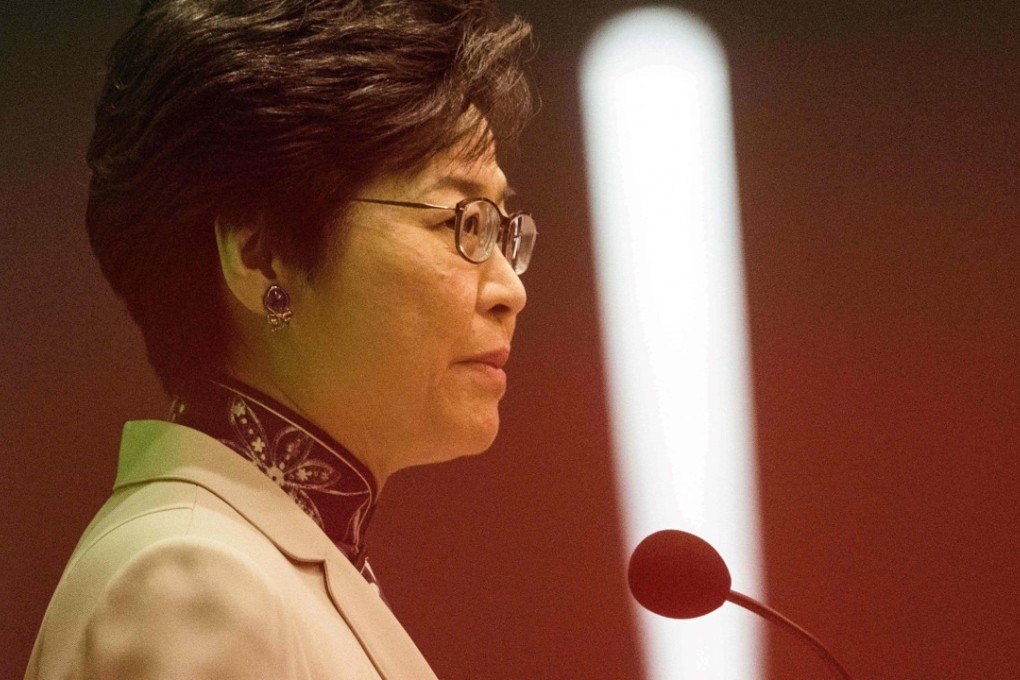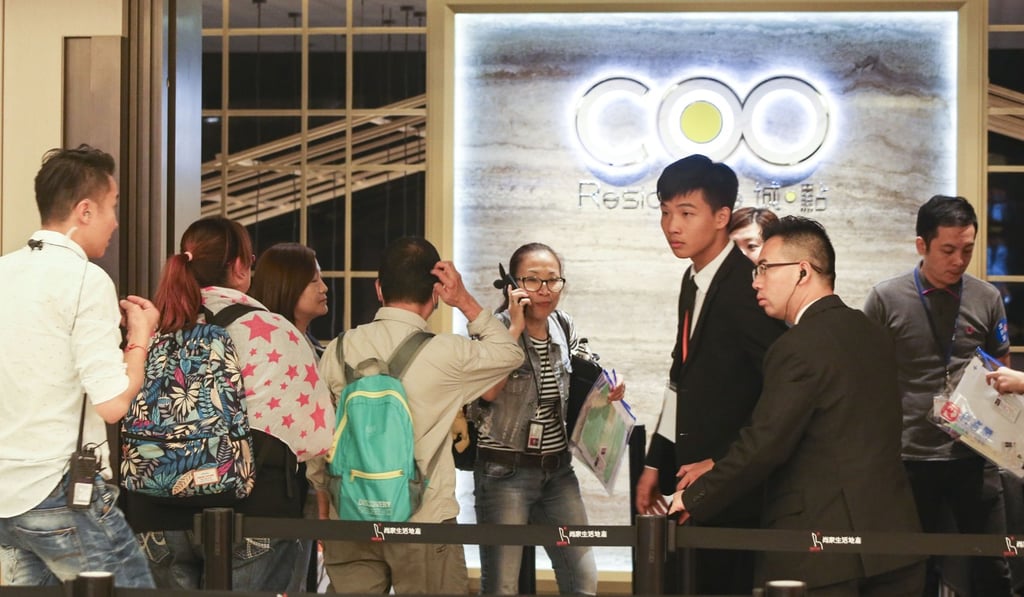Advertisement
Carrie Lam proves she’s no CY Leung clone with her first policy address
Timothy Peirson-Smith says the chief executive made clear her plans to engage youth through her policies, and also shifted focus to local issues, rather than emphasising Beijing’s plans
Reading Time:3 minutes
Why you can trust SCMP

Chief Executive Carrie Lam Cheng Yuet-ngor’s maiden policy address was an opportunity to show whether she will be a carbon copy of her predecessor, Leung Chun-ying, and whether she can really connect with the public.
Lam’s vision and strategies for Hong Kong’s development over the next five years were more or less the same as her election manifesto – a “Hong Kong of hope and happiness”. Land and housing policy is still afforded top priority. “Starter homes” – a brand-new initiative offering affordable apartments to young families – has been rolled out as a collaboration between government and the business sector to fulfil part of her election pledges.

Advertisement
As promised, Lam has shown her determination to connect with the youth. Her address announced several new measures, such as bringing youth into the proposed Policy Innovation and Co-ordination Unit, formerly the Central Policy Unit, and setting up a youth development commission, in an attempt to appease and lobby support from this cohort, who were less than thrilled by Lam’s election.
Carrie Lam steers clear of politics, pledges billions on technology sector and new housing schemes
However, the focus of her policy address differs slightly from her election manifesto. Instead of emphasising education and economic development, Lam has shifted focus to developing innovation and technology, where Hong Kong has long and rightly been criticised for lagging far behind other global cities and competitors. She has proposed several measures, such as allocating HK$10 billion as university research funding, and establishing a chief executive’s council of advisers on innovation and strategic development, aiming to promote Hong Kong as an international innovation and technology hub.
Key takeaways from Hong Kong leader Carrie Lam’s first policy address
Advertisement
Select Voice
Choose your listening speed
Get through articles 2x faster
1.25x
250 WPM
Slow
Average
Fast
1.25x